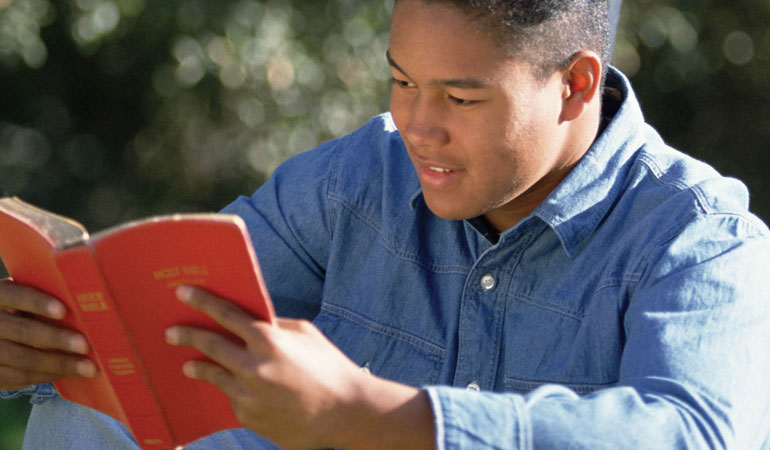During adolescence, teens often challenge their parents’ values, assert their independence, and ponder their identity. As part of this search, some teens question their parents’ religious beliefs, wondering whether they share the same values. If your adopted teen was born into a religion different from yours, these questions may be even more profound.
Searching for Clues
The holidays are typically a time when religious issues surface. For most of her life (especially if she was adopted as a baby or toddler), you probably raised your child in your family’s faith — and possibly spoke to her about her birth family’s religious or cultural origins. If you adopted an older child, perhaps one who’d spent time in foster care, you might have incorporated some of her early religious experiences into your family’s observances.
But as children reach the teen years, the situation can become more complex. Sharon, age 17, was born to Christian parents but raised in the Jewish faith. When she reached her teens, she began to question whether she was really Jewish, especially when people who didn’t know her background told her she didn’t “look Jewish.”
Mitchell, who was three when he was adopted from Korea, grew up participating in Christian activities with his family at a Methodist church, as well as at a Korean house of worship. When Mitchell turned 15, he befriended a fellow Korean-American student whose family practiced Buddhism. As Mitchell learned more about that religion, he chose to incorporate it into his life.
Wise parents know that adolescence is a time of tremendous change — and that finding one’s spiritual identity can be an evolving, lifelong process. They also know that, at times, we need to step back and let our children find their own path.
When Sharon expressed her religious confusion, for instance, her parents gave her the time and space to resolve it — as well as unconditional love. As Mitchell shared his new religious knowledge with them, his parents became interested students of Buddhism as well. However we decide to accommodate religious differences in our families, we must remember one thing: Potential conflicts can be resolved with love, respect, and open communication — sprinkled with a little prayer!



